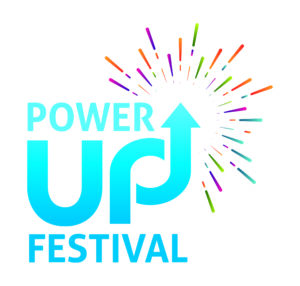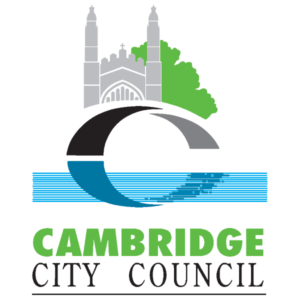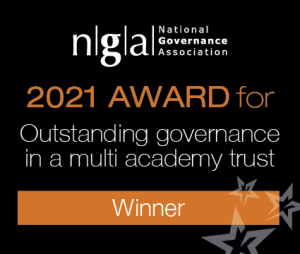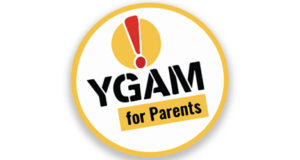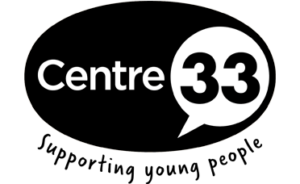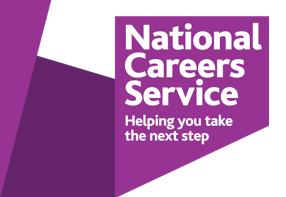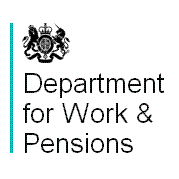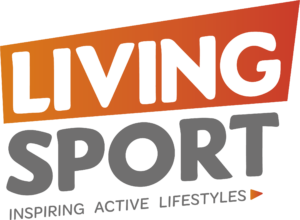Course Contents
This workshop is going to take you through the fundamentals of online safety. Let’s talk about the available measures that can be taken to reassure you that your children and young people are safe online and that the content that they have access to is what you would approve of.
The online ‘virtual’ environment now is very real. People still talk about ‘in real life’ and ‘online’.
If you had invested £5,000 in Bitcoin in 2010, you would be worth more than £1 billion today. Fortunes are won and lost, lives are made and ruined in the virtual world. It is a largely unregulated international environment – the ‘wild west’ of the modern day.
We are still exploring what our online presence means in real terms – we don’t quite know how to police it effectively – is largely a ‘buyer beware’ environment where fraud, human trafficking, exploitation, and indecent and graphic imagery are part of the day-to-day context. Without seeking to scare anyone – if you can imagine the roughest public house that you’ve ever been in, you have to ask yourself, “Would I allow my teenager to go in there alone?”
The internet is seductive because it offers everything you love and hate. There is nothing today that cannot be viewed or consumed via the web and it can pipe all of that to your son or daughter’s mobile phone, iPad, laptop or desktop. It can be in their bedroom, they can be alone with it, and it can be accessed through ‘incognito’ methods and virtual private networks.
The final matter of concern is that most young people believe strongly that they understand this environment better than their parents. They were born into it. We saw it being invented. We learned how to speak it. They grew up fluent. Are your children wrong?
In an informal hour, Phil Priestley will take you through some of the key risks and considerations – and some accessible, cheap or even free remedies that you can implement to give you peace of mind and to make sure that your children are safe.
This is a frank and realistic chat for those who want to know more.
Date: Monday, 11 December 2023
Location: 6:00 PM – 7:00 PM London, UK (GMT)


